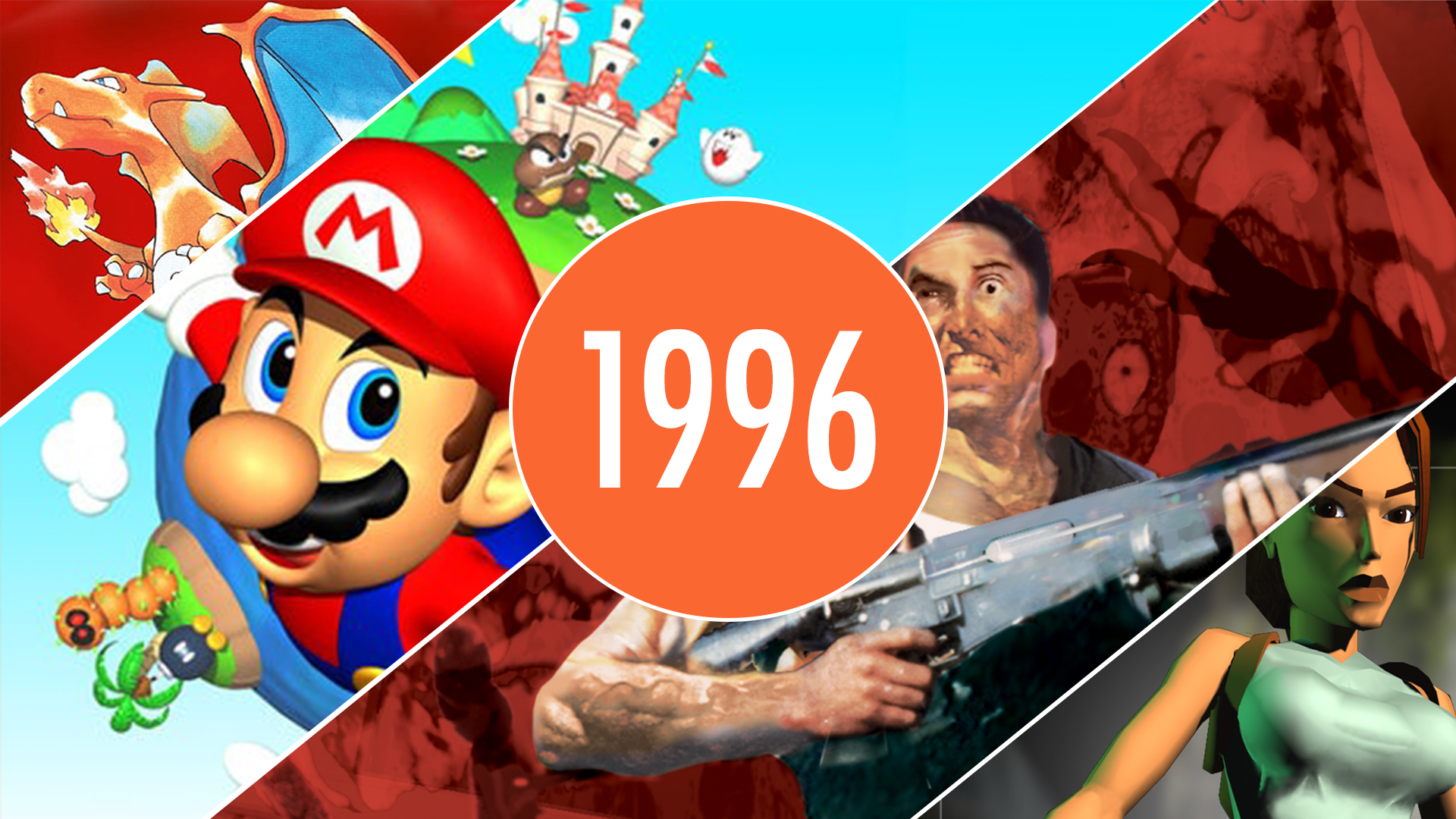
1996 is the year that video games were entrenched as the future of entertainment. Perhaps it is difficult to appreciate that now, looking back two and a half decades later, from a period of time where visual fidelity has begun to tip perilously into the uncanny valley. The truth is, it's difficult to overstate just how important the spiky, polygonal games of 1996 were to shaping gaming as we know it today.
It's the year that the RPG was made accessible. In early 1996, Pocket Monsters: Red and Green made its debut in Japan – you might know it better today as Pokemon Red and Blue. Pokemon set the precedent for what a true video game phenomenon would look like, a multi-billion dollar franchise that has permeated through every crevice of modern culture. And it all started here, with two companion games that are now considered to be the best-selling role-playing games of all time. With this Game Boy exclusive, Nintendo sought to make a complicated genre compatible with players of all ages, and its success propelled over 31 million trainers on a quest to be the very best, like no one ever was.
While Nintendo was busy changing the face of entertainment at the beginning of 1996, it was altering the course of 3D gaming by the end of it. The N64 launched and with it came Super Mario 64, one of two archetypal platformers to release in 1996 that drew up the blueprints for 3D camera and character control. The other was Core Design's Tomb Raider, introducing the world to Lara Croft – one of gaming's most important and enduring icons.
Speaking of icons, 1996 also heralded the debut of Crash Bandicoot: the biggest mascot of the PlayStation era, and the first blockbuster from Naughty Dog, establishing the studio as one of the most reputed outfits operating under the Sony Interactive Entertainment banner. That same year, BioWare, Bizarre Creations, and Remedy Entertainment all made their debuts with Shattered Steel, Formula 1, and Death Rally – important first steps before big things.
Quake arrived from id Software and set a new benchmark for the arena shooter, entrenching the undeniable allure of the multiplayer deathmatch in stone for future generations. The strategy genre settled into a new rhythm with the release of Civilisation 2 and Command & Conquer: Red Alert, while survival horror was given a new lease on life with Resident Evil – one of the most popular and malleable franchises in video game history.
The games of 1996 still have a massive impact on those that we play today. It set the template for 3D gaming, it introduced us to characters that have transcended the barriers of interactive entertainment, and pushed game design forward in a way that is difficult to conceptualize now, so many years removed. 1996 is the best year in gaming because, without it, the games we play today just wouldn't be the same.
Games that defined 1996
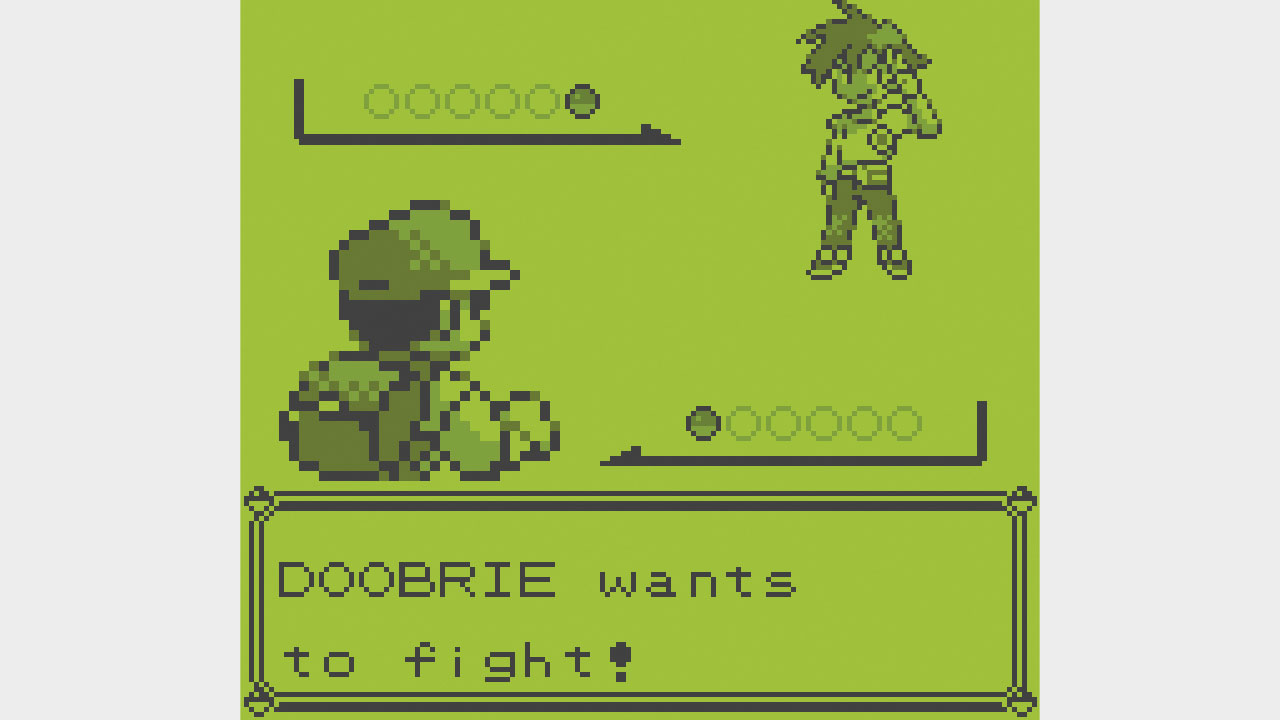
Pokemon Red and Green
For millions of players, Pocket Monsters: Red and Green was a gateway into gaming. That it was able to pull so many in was impressive; that it was able to bring so many into the role-playing genre was astounding. There's a simplicity to this early adventure that the later games have struggled to replicate, and a charm to its journey, centered around teamwork and friendship, that few other series have ever been able to match. Pokemon's debut was engrossing, a true classic that helped enshrine 1996 as the greatest year in video game history.
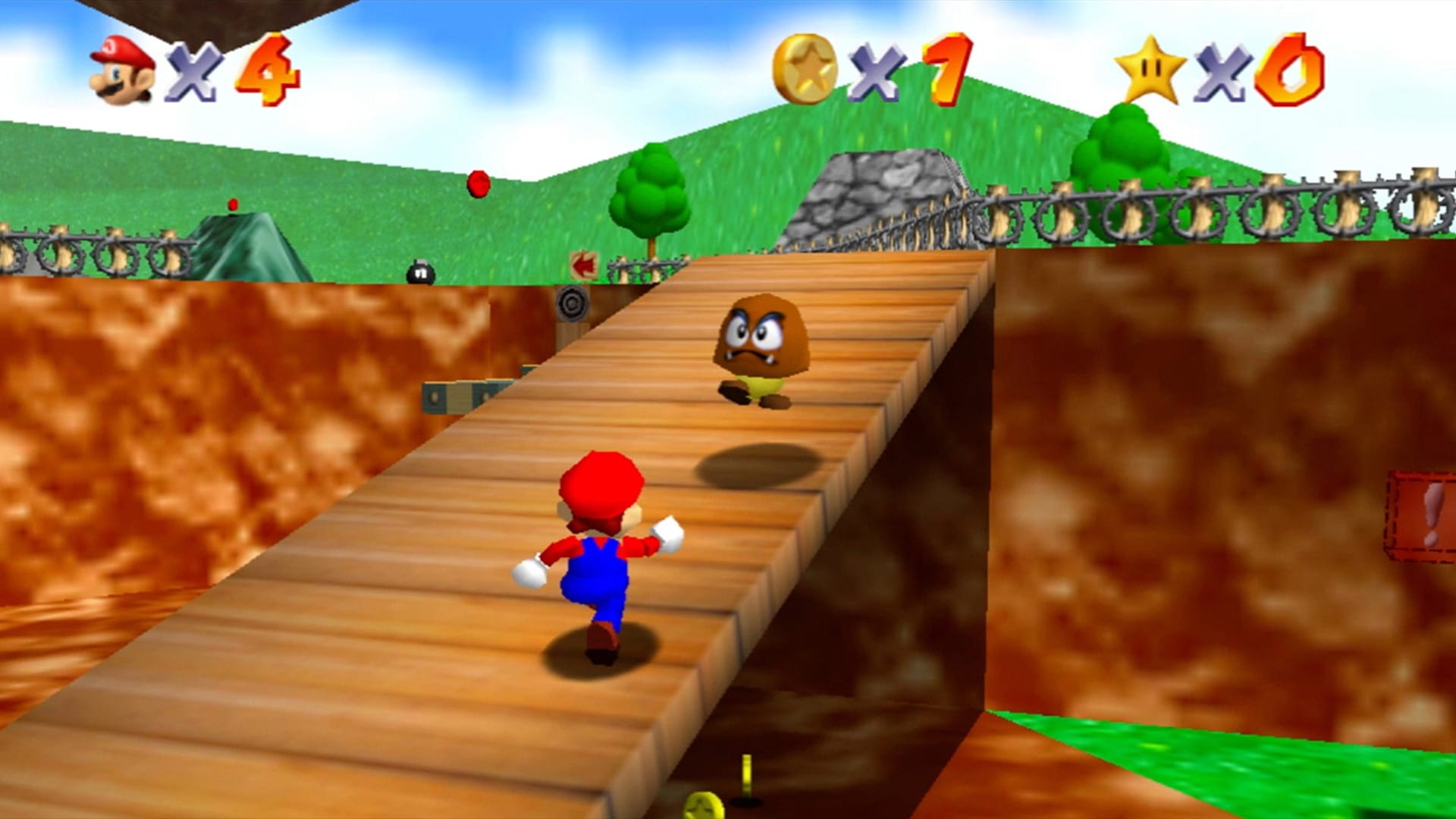
Super Mario 64
It isn't hyperbole to suggest that the entire landscape of gaming would be different today were it not for Super Mario 64. Nintendo revolutionized gaming with this release, translating the precision of 2D platformers and stretching it out across a stunningly evocative 3D world. After all, there's a reason developers still look back to this 1996 release to learn lessons about game creation in the modern era.
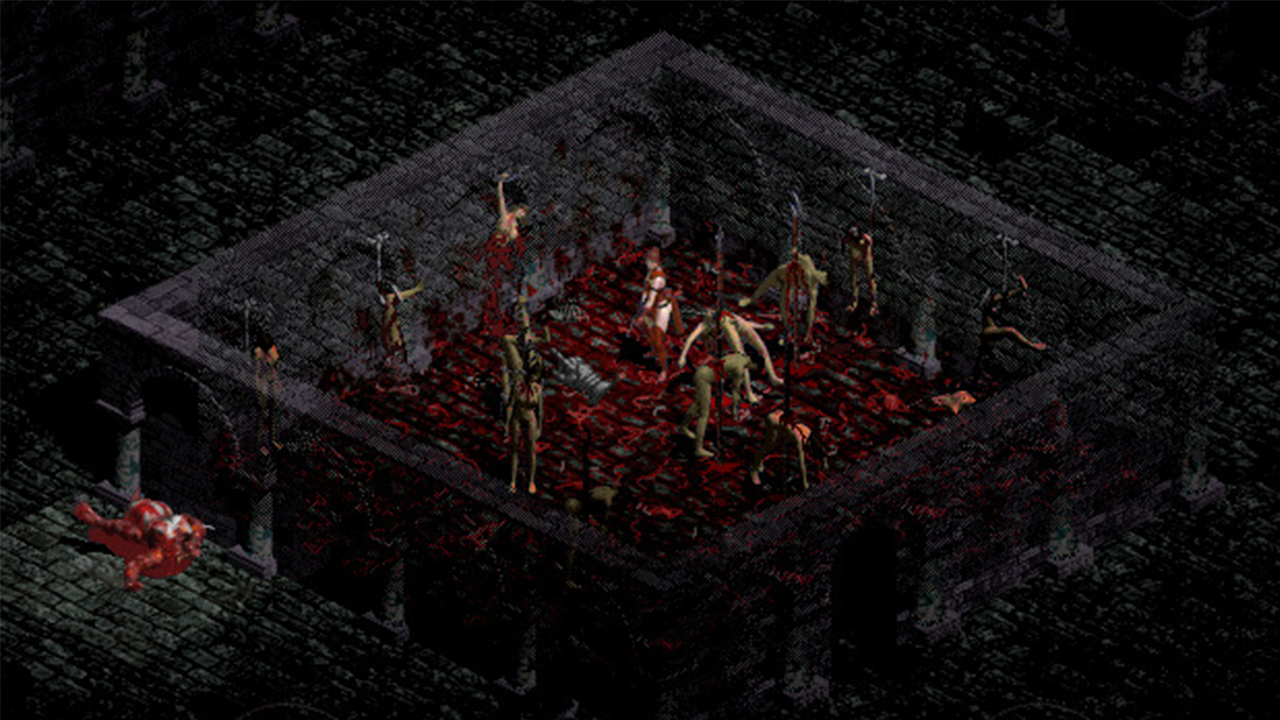
Diablo
Arriving just hours out from the end of the year, Diablo was a landmark action-RPG that emphasized resilience. With its menacing atmosphere, impressive staying power, and unbelievably satisfying grind, Diablo became legend for its ability to take command of your attention, summon every second of your spare time, and sacrifice it all to the Lord of Terror himself.
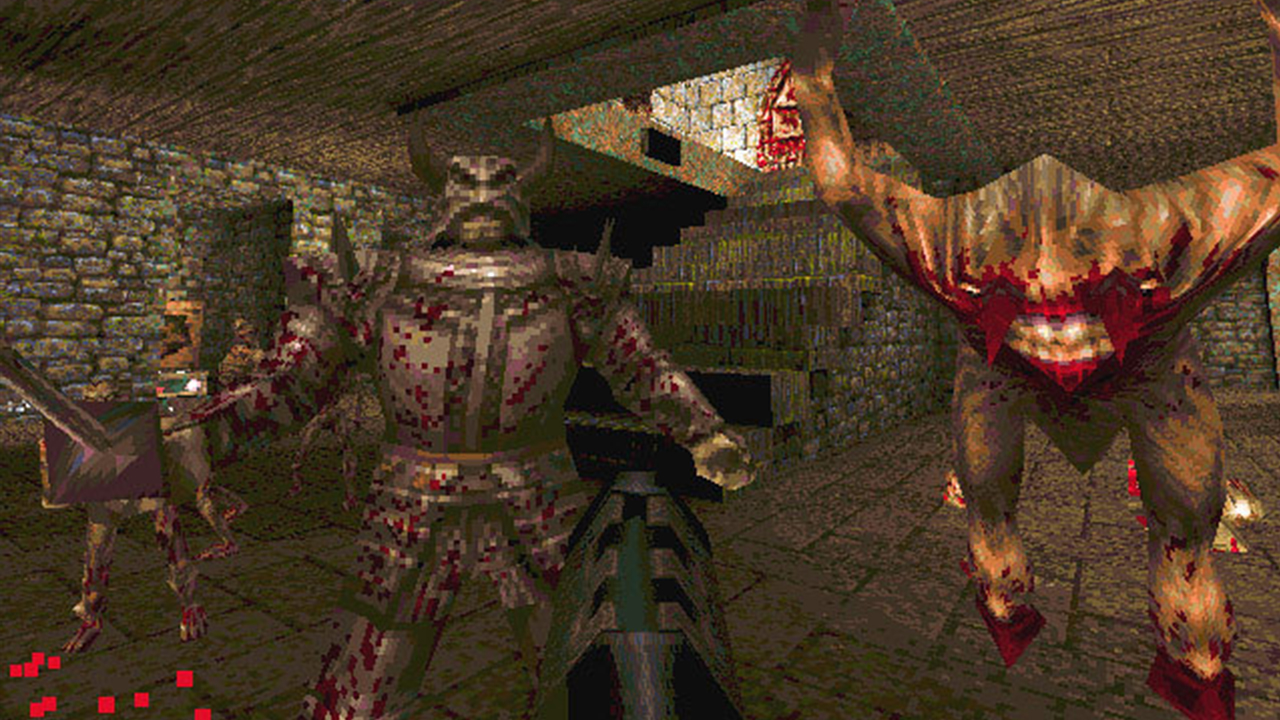
Quake
Where Doom helped popularise the first-person shooter in 1993, Quake worked to take it online in 1996. With Quake, id Software shot the multiplayer FPS into the mainstream; the player count was upped from four to eight, its arenas were tightly designed and balanced, and the foundational design of its action would prove to be an imitable force to be reckoned with in the years ahead.
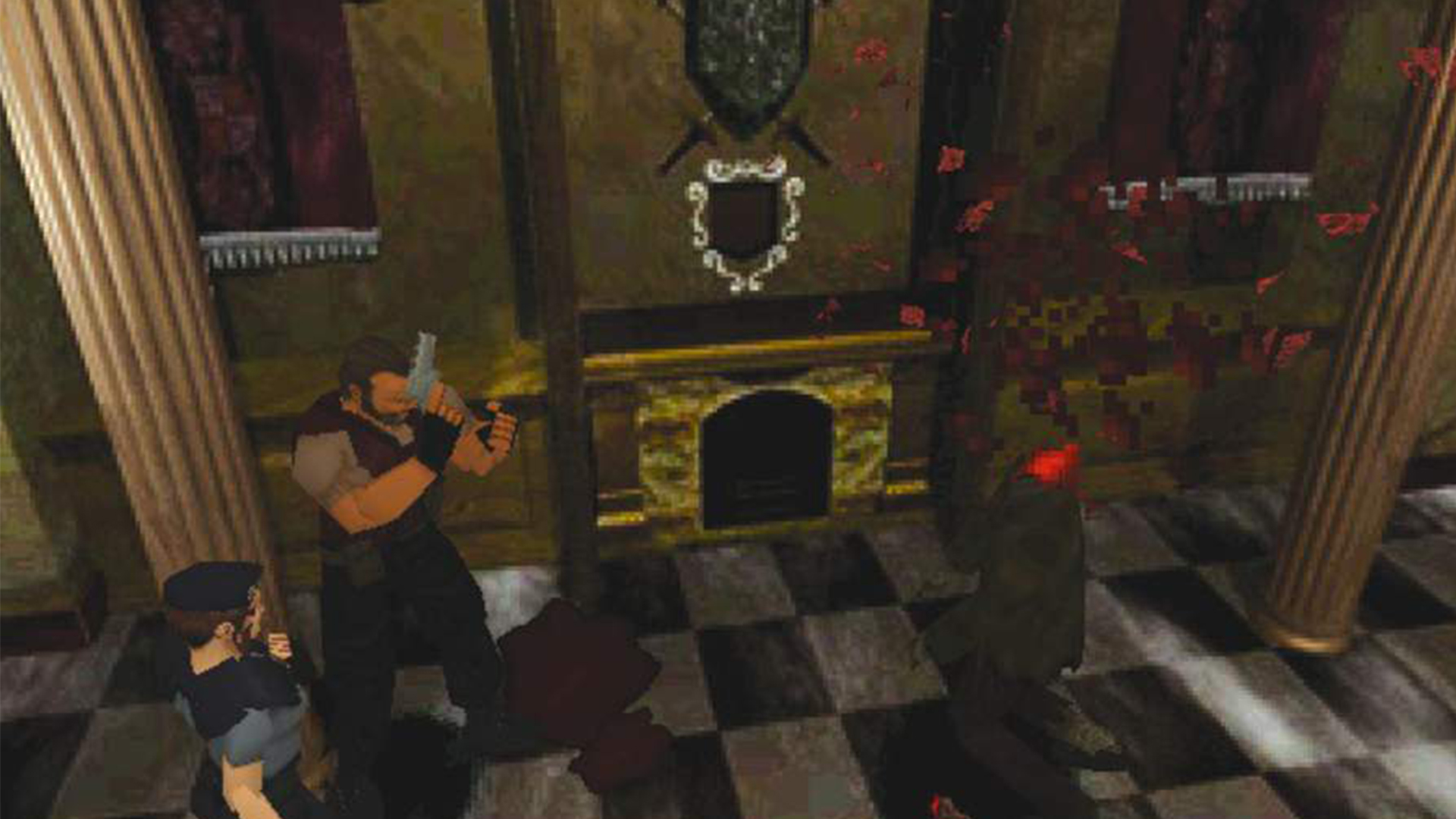
Resident evil
Resident Evil is a game that succeeded in spite of its limitations. As Capcom pushed the PS1 to its breaking point, it stumbled upon a stable framework for survival horror. The studio pushed past the accomplishments of Alone in the Dark, delivering an experience that was moody, challenging, complex, and scary as all hell. It's no surprise that this 1996 release was so good that it spawned a franchise that is still thriving more than two decades later.
Sign up to the GamesRadar+ Newsletter
Weekly digests, tales from the communities you love, and more

Josh West is the Editor-in-Chief of GamesRadar+. He has over 15 years experience in online and print journalism, and holds a BA (Hons) in Journalism and Feature Writing. Prior to starting his current position, Josh has served as GR+'s Features Editor and Deputy Editor of games™ magazine, and has freelanced for numerous publications including 3D Artist, Edge magazine, iCreate, Metal Hammer, Play, Retro Gamer, and SFX. Additionally, he has appeared on the BBC and ITV to provide expert comment, written for Scholastic books, edited a book for Hachette, and worked as the Assistant Producer of the Future Games Show. In his spare time, Josh likes to play bass guitar and video games. Years ago, he was in a few movies and TV shows that you've definitely seen but will never be able to spot him in.


